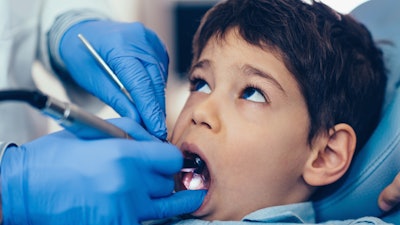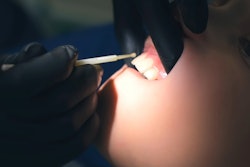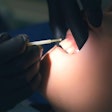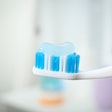
Exposure to water fluoridation during childhood was linked to dramatically lower rates of tooth decay-related treatment, but free access to dental care didn’t seem to have the same effect, according to a study published on May 15 in the Journal of Dentistry.
The findings of this large study in Israel suggest that water fluoridation should be continued to maintain the observed reduction in caries-related treatment, the authors wrote.
“(The) study revealed an association between caries-related treatment needs and the provision of nationwide water fluoridation, but no comparable influence of the introduction of nationwide free dental care reform for children and adolescents,” wrote the authors, led by Dr. Dan Levy of Sheba Hospital in Tel Hashomer, Israel.
In 2002, water fluoridation became mandatory in Israel and led to a considerable decrease in cavities among children. In 2014, a change in law led to the discontinuation of the national community water fluoridation policy. In between that time frame, in 2010, the Israeli National Health Insurance Law granted free dental care to children under the age of 10. In 2018, the law extended free dental care to those under the age of 18.
To better understand the impact these policy changes had on the caries-related treatment needs of young adults, a cross-sectional study using dental records from 34,450 soldiers recruited into military service in Israel between 2012 and 2021 were analyzed. Of the soldiers, 91% were men with a mean age of 18.9.
To determine whether the implementation of water fluoridation, dental care legislation, or both were associated with changes in dental care needs, the data were cross-matched with their birth years.
Of those who had caries-related restorations, root canals, or extractions, group A -- which consisted of those born after 2001 and who experienced water fluoridation and dental care reform -- included 13,937 people. Group B -- which consisted of individuals born between 1994 and 2000 and who experienced water fluoridation but no dental care reform -- included 7,060 people. Group C -- which comprised individuals born before 1994 who did not experience water fluoridation or dental care reform -- included 10,581 people, the authors wrote.
Overall, the mean number of teeth requiring restorations was 1.72 ± 2.39 per subject, root canal treatments were 0.06 ± 0.35, and extractions were 0.04 ± 0.26, they wrote.
Multivariate analyses revealed that those born earlier than 1994 had significantly more (p < 0.001) needs for restorations, root canals, and extractions than those born between 1994 and 2000 and those after 2021. However, there was a significant difference in the number of tooth decay-related restorations. In group A, the group that was born in and after 2001, individuals needed significantly more caries-related restorations (p = 0.049), the authors wrote.
The study had multiple limitations, including that its participants were mostly healthy, young adults. The study participants may not reflect the general population, the authors wrote.
In the future, more research should be conducted to further investigate the possible associations suggested in this study, as well as the causalities, they wrote.
“Our findings of this 9-year cross-sectional record-based study revealed an association between caries-related treatment needs and the provision of nationwide water fluoridation, but no comparable influence of the introduction of nationwide free dental care reform for children and adolescents,” Levy et al concluded.




















